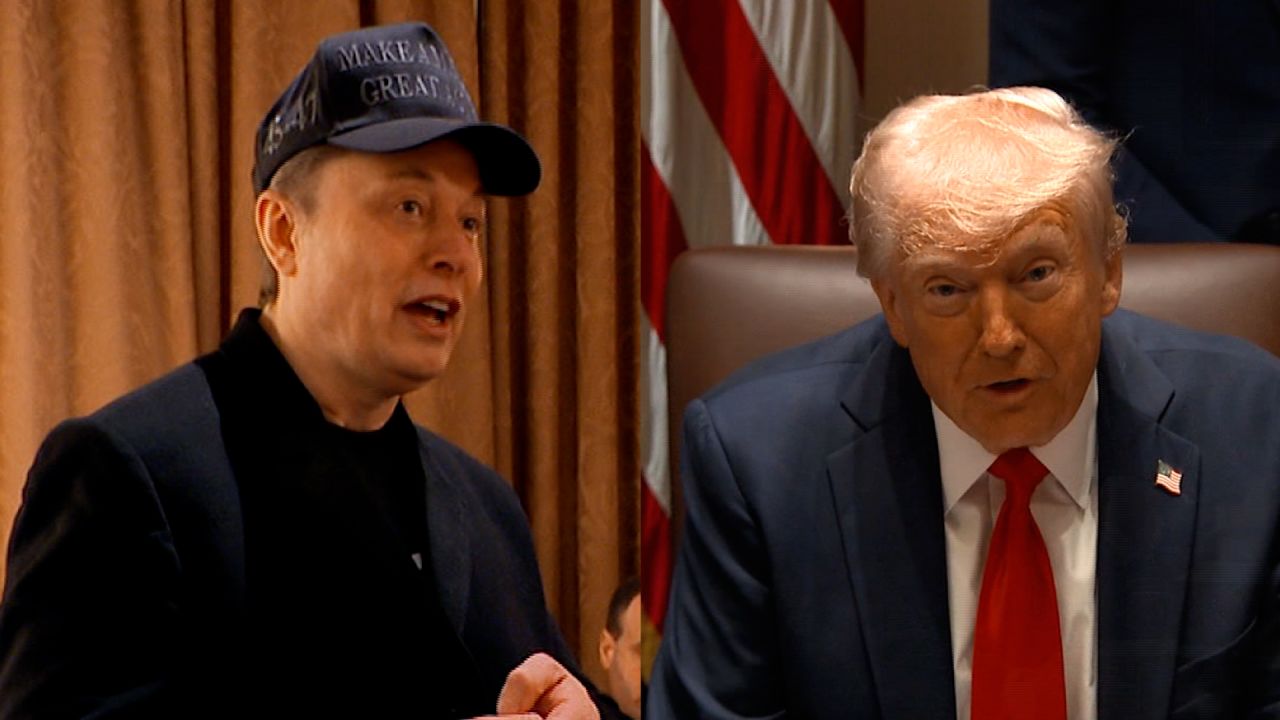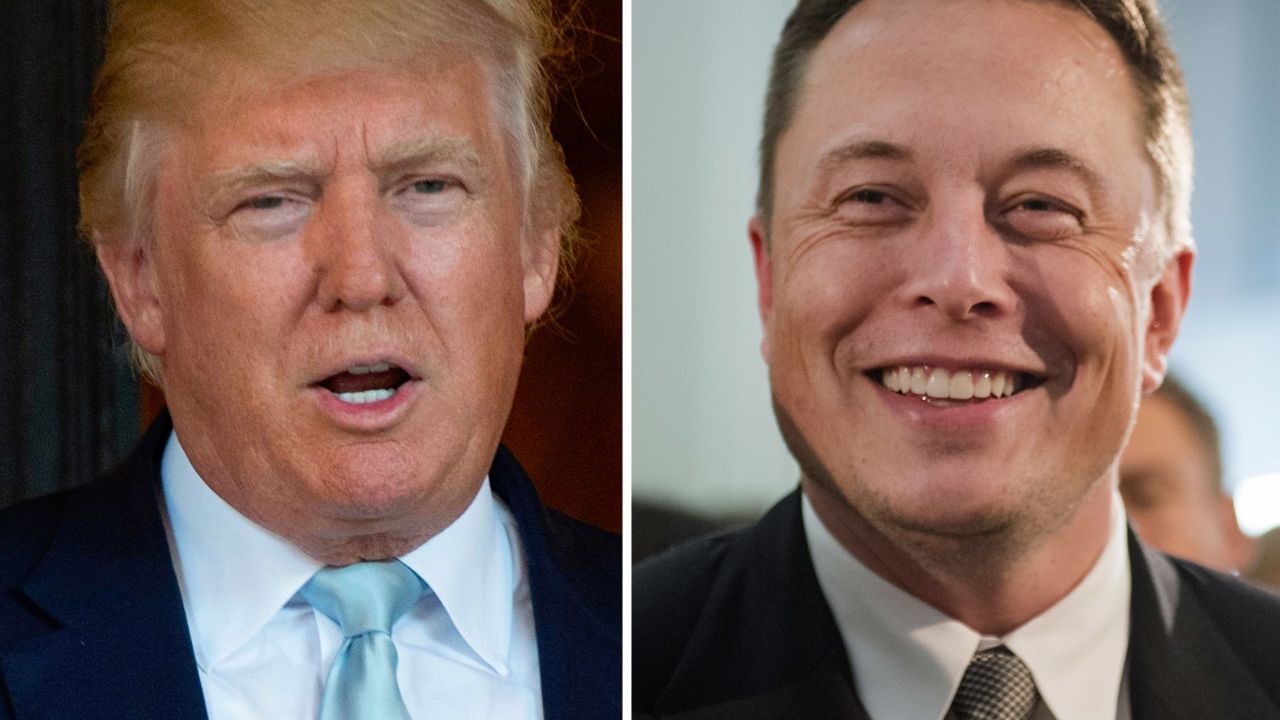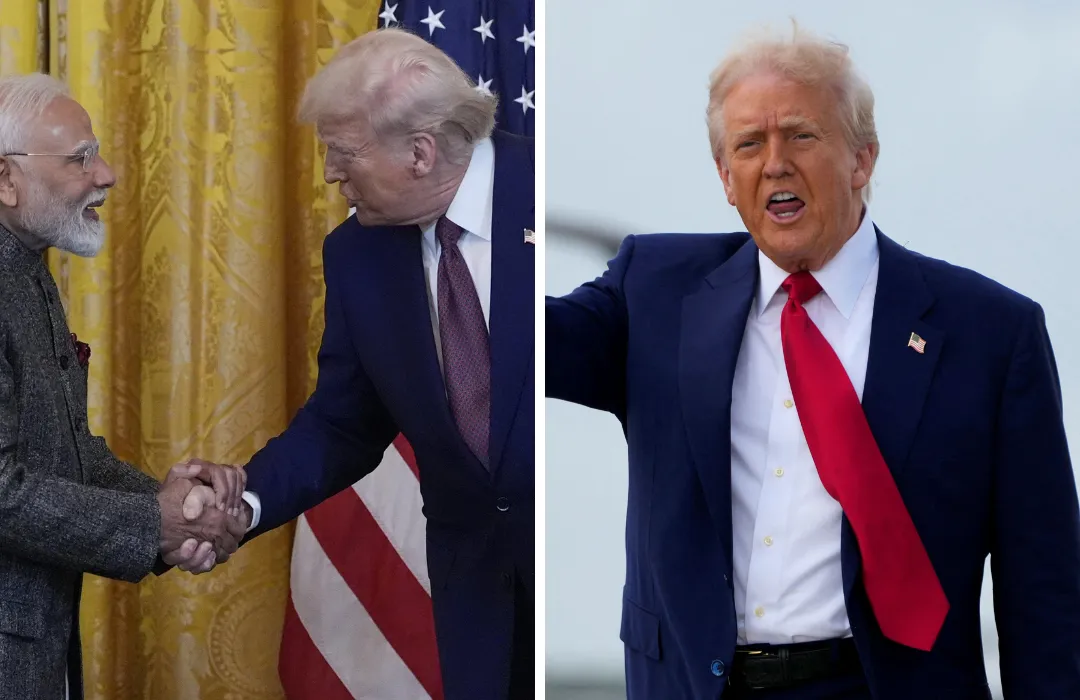
The Trump administration has made a significant move to slash over $1 billion in funding aimed at helping schools and food banks support low-income families, a decision that has sparked widespread criticism.
According to a nonprofit organization, the U.S. Department of Agriculture (USDA) recently notified multiple states that funding through the Local Food for Schools program, which helps schools and childcare institutions purchase food from local farmers, would no longer be available for the upcoming 2025 fiscal year.
This move is part of the Trump administration's broader effort to scale back government spending, although critics argue that it will have dire consequences for communities already struggling with food insecurity.
The USDA’s cuts to the Local Food for Schools program will remove approximately $660 million in funding intended for schools and childcare institutions. This program was designed to strengthen the food system by supporting the purchase of local foods, helping to expand markets for local and regional farmers, and ensuring that underserved producers and processors could participate in the program.
Despite its original goals, the USDA has stated that the funding "no longer effectuates agency priorities" and therefore, the termination of the award is “appropriate.”
The Massachusetts Department of Elementary and Secondary Education confirmed that it received a termination notice from the USDA regarding the second round of Local Food for Schools grant funding, which was initially set to provide $12.2 million. The state’s governor, Maura Healey, condemned the cuts, claiming they were part of a broader effort to reduce federal spending under the direction of the Department of Government Efficiency.
Healey argued that the Trump administration, along with figures like Elon Musk, were undermining vital programs designed to feed children and support local farmers.
“Donald Trump and Elon Musk have declared that feeding children and supporting local farmers are no longer ‘priorities,’ and it’s just the latest terrible cut with real impact on families across Massachusetts,” Healey said in a statement. “There is nothing ‘appropriate’ about it. Trump and Musk are continuing to withhold essential funding in violation of court orders, and our children, farmers, and small businesses are bearing the brunt of it.”

In addition to the cuts to the Local Food for Schools program, the Trump administration has also frozen funding for the Local Food Purchase Assistance Cooperative Agreement Program. This program is responsible for providing food to food banks and organizations serving underserved communities.
While the USDA has indicated that it will honor existing agreements, it has decided to halt a second round of funding that was initially set to distribute $420 million in federal funds in 2025.
The USDA spokesperson confirmed that these programs, which were created during the previous administration under Executive authority, “no longer effectuate the goals of the agency.” The spokesperson clarified that agreements that were in place prior to the funding cuts would remain in effect for the remainder of their performance periods, but future funding would be terminated following a 60-day notice.
Illinois Governor JB Pritzker also expressed concern over the cuts, particularly regarding the Resilient Food Systems Infrastructure Program, which was designed to help build resilience in the food supply chain. According to reports, Illinois has already been informed that reimbursements for any costs incurred after January 19 would not be paid, and no timeline has been provided for when reimbursements might resume.
Pritzker referred to the cuts as a “slap in the face” to Illinois farmers and the communities that rely on them.
“Cutting funds for these programs is a slap in the face to Illinois farmers and the communities they feed,” Pritzker said. “The Trump Administration's refusal to release grant funds doesn't just hurt farmers in the program, it devastates our most vulnerable, food-insecure communities relying on meat, fresh produce, and other nutritious donations.”
The cuts have raised alarms among advocates for low-income families and school nutrition programs. The School Nutrition Association (SNA), a nonprofit organization, issued a statement warning that the Trump administration’s actions could harm school meal programs nationwide.

The SNA urged the public to push Congress to reject further cuts, arguing that such actions would hurt millions of children who rely on free school meals. The association also noted that schools, which are already struggling with rising food costs and staffing shortages, would be burdened with additional paperwork due to inefficiencies in government programs.
“With research showing school meals are the healthiest meals Americans eat, Congress needs to invest in underfunded school meal programs rather than cut services critical to student achievement and health,” said Shannon Gleave, president of the SNA.
“These proposals would cause millions of children to lose access to free school meals at a time when working families are struggling with rising food costs.”
Alexis Bylander, the interim child nutrition programs and policy director at the Food Research & Action Center (FRAC), a nonprofit based in Washington, D.C., condemned the Trump administration’s decision, calling it devastating for students, schools, farmers, and local economies.
“The Trump administration’s decision to cut funding for cooperative agreements that support schools and other organizations’ ability to purchase local foods will have a devastating impact on students, schools, farmers, and local economies,” Bylander said. “As food costs continue to rise and schools struggle to stretch their meal budgets, now is the time to bolster efforts that improve access to affordable and healthy local foods, not gut them.”
The Trump administration’s cuts to food aid programs have drawn criticism for potentially exacerbating the problems of food insecurity, particularly in low-income communities. As food prices continue to climb, the need for programs that support local farmers and provide nutritious meals to vulnerable populations has never been more urgent.
Many believe that this decision will only worsen the difficulties faced by families across the country, particularly in states like Massachusetts, Illinois, and others that are directly impacted by the funding cuts.

In the wake of these funding reductions, lawmakers and advocacy groups continue to push back, urging the federal government to reconsider these cuts and prioritize support for local food systems, farmers, and the communities most in need. As the debate over food assistance programs intensifies, the future of these critical services remains uncertain, with many fearing that the loss of funding will have long-term repercussions on food security and public health.


-1746756796-q80.webp)
